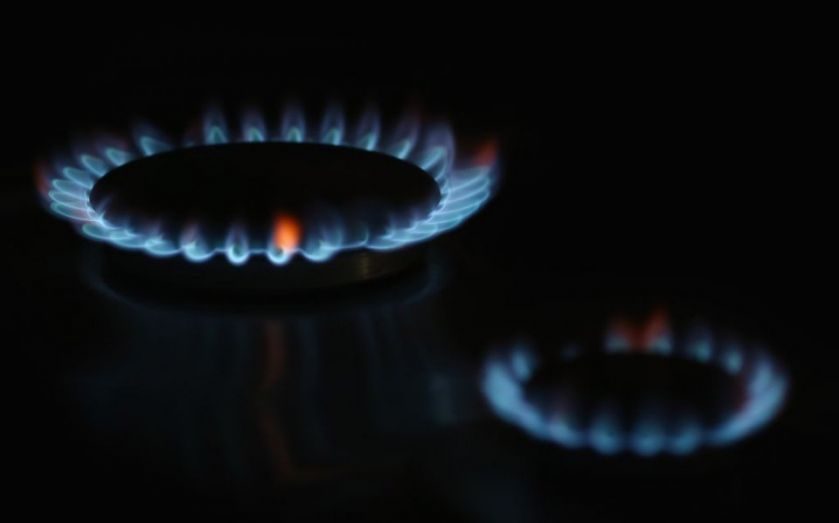Government wants price comparison sites to return money to customers who weren’t shown the best energy tariffs

The government's energy and climate change committee has called on price comparison sites to return money to some customers.
In a report, it claims certain sites “duped” people into not taking the best energy tariffs, either by intentionally hiding them or using misleading language. It said customers who have lost out as a result of this should have money returned as compensation.
Sites have already been criticised for not being transparent with customers – last year, they came under fire for not always showing the cheapest tariffs or the amount of commission they earned.
According to the report, commission varies from £22 to £60, depending on the website, the supplier, and whether the customer makes a “single” switch or a “dual” switch for both gas and electricity.
It argues that all sites should use clearer language, saying “all deals should be made available by default to the consumer”, and that it strongly objects to “any attempt to lure consumers into choosing particular deals by the use of misleading language".
Tim Yeo, committee chairman, said:
The current hands-off approach is clearly not working and the lack of contrition from some companies even when faced with proof that they misled customers has convinced us that some form of licensing of energy price comparison sites may be needed.If the Government wants more people to switch energy supplier then it has to ensure that energy price comparison services are transparent and trusted.
The MPs have also called on Ofgem, the government's energy regulator, to look into whether price comparison sites should be forced to reveal to a customer the amount of commission they will receive from a sale before it is made.
Ofgem has so far advised against this, however. In written evidence to the committee, it said the information does not influence the customer's deal and is therefore not relevant to their switch.
"There is a risk that including this information may confuse consumers or lead them to make a poor decision, for example selecting a more expensive tariff because the site receives less commission for it,” it said.
"There is also a risk that making this information available could lead to tacit coordination among suppliers and/or sites," it continued.